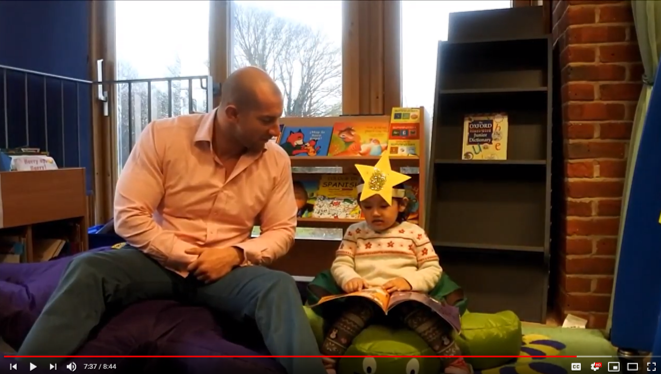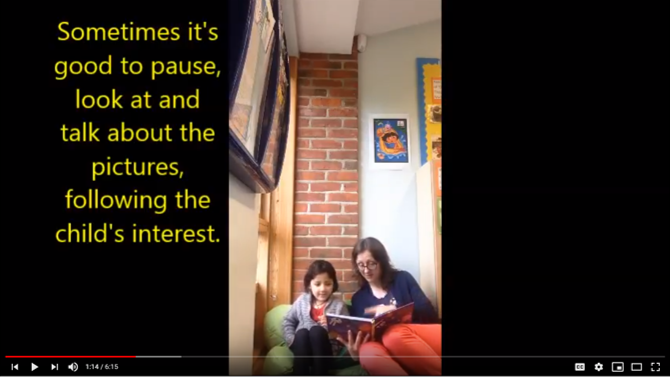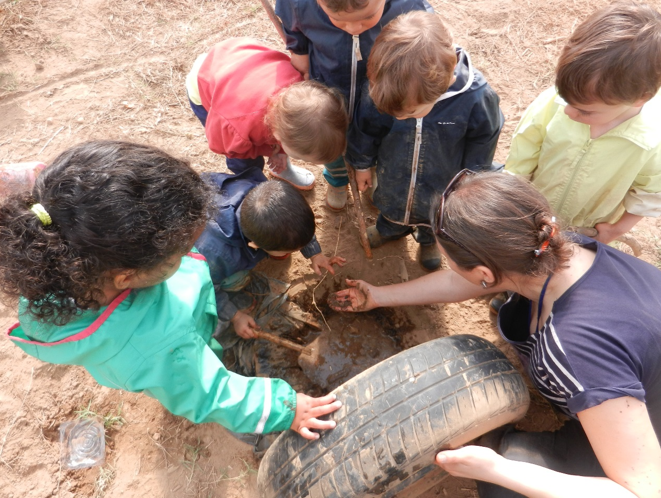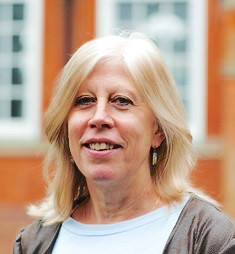This blog post is written by Professor Helen Bilton (Professor of Outdoor Learning at the University of Reading’s Institute of Education) about an early years language development project she has collaborated with Reading Borough Council.
Context
Having good vocabulary and knowledge of words and how to use them is crucial for success in life. However, according to the Communications Trust, over 1 million children and young people in the UK have “some form of long term and persistent speech, language and communication difficulty. This can affect them early, severely and for life”.
Mindful of this alarming figure, I was pleased to have been invited by colleagues at Reading Borough Council (RBC) in 2016 to be part of a RBC-funded project, called Helping Early Language and Literacy Outcomes 2 (HELLO2YOU). The project sets out to help develop early language and raise literacy outcomes of early year children by helping schools to see how they can help individuals involved with children (e.g. staff and parents/carers) to improve their language and communication skills. The project is the second iteration of a project which started with the National Literacy Trust.
Nature of the project
The project is easy for any school or early years setting to implement. It takes a year to carry out and is structured around three specific tasks and these are:
- enabling environments – identifying an outside area in the setting to focus on developing language opportunities;
- partnership with parents – hosting a workshop for parents, around language development; and
- skilled practitioners – filming a practitioner’s storytelling session for future training use.
To give a taste of the project, the skilled practitioners task involves the school making a video on some aspect of language development. The schools I was involved with chose to create a video of a staff member reading with children (see Figure 1 and 2). This was then shared with the rest of the staff to see what good practice was and to foster a shared understanding of what effective reading with children looks like. This task was very well received as some practitioners put it: “The videos gave me a unique insight into the ways in which children interact with both adults and books” and “Discussing ideas with the staff team was a simple yet effective process”.


Ease of use
What I found so refreshing about this project was its simplicity, which allows any school or early years setting to be able to carry it out. As an early years practitioner put it: “I could clearly focus on what I should be seeing in the children’s learning environment, whilst being able to see the steps required to get it to that high level”. Additionally, the project does not require special equipment or a whole film crew: it can all be carried out by the staff.
Continuing professional development website
Having completed the project with the schools and early years settings in 2017, we then created a website, as a form of on-line continuing professional development. (I was very lucky to be supported by a second-year undergraduate University of Reading student, through the Undergraduate Research Opportunities Programme, to build the HELLO2YOU website.)
On this website, you will find step-by-step guides and video tutorials for each stage of the project, the pro formas of the parental and staff questionnaires and finally evidence from the settings including the results of the child, parent and staff measures.
Since the launch of the HELLO2YOU website, I have been approached by various schools and groups of schools to run the project with them, and I continue to marvel at the creativity and commitment of staff to help children reach their potential.

If you want find out more about the HELLO2YOU project, please either visit the project’s website or contact Professor Helen Bilton directly via e-mail, via Twitter, or via phone (0118 3782683).

